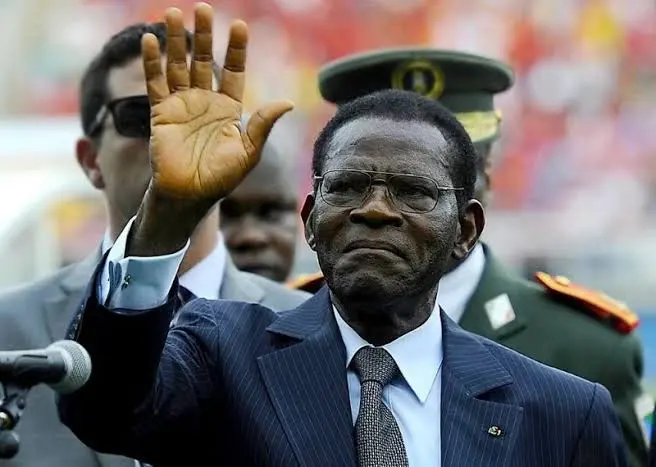Spanish media criticized for whitewashing Equatorial Guinea’s dictatorship

The Spanish newspaper La Razón and PR firm Avante Comunicación SL have come under fire for their alleged role in reshaping the global image of Equatorial Guinea’s authoritarian regime.
The country, led by Teodoro Obiang Nguema Mbasogo, is often described as one of the world’s most repressive and corrupt governments.
In July 2024, La Razón published a series of articles portraying Obiang and his administration in a positive light, highlighting themes such as the nation’s biodiversity and potential as a tourist destination.
Critics argue that these stories failed to address systemic corruption, widespread human rights abuses, and political oppression in the country.
The newspaper faced backlash for organizing a discussion panel this week titled Equatorial Guinea: A Country to Discover, which analysts claim was a thinly veiled effort to legitimize the regime.
The panel featured speakers, both Spanish and Equatoguinean, who avoided addressing the regime’s darker aspects, including alleged state-sponsored violence and endemic nepotism.
One of the most controversial participants was Jesús Fonseca, a former delegate of the EFE news agency in Equatorial Guinea.
In his remarks, Fonseca praised Obiang as an “exemplary leader” and dismissed allegations of rights violations, instead touting the country’s infrastructure projects as evidence of progress.
“Equatorial Guinea is among the safest countries in the world,” he stated, adding that its governance should serve as a model for other African nations.
Arantxa Bartolomé Madiba, another panelist, claimed expertise on Equatorial Guinea without disclosing her connections to Ilende & Partners SL, a law firm reportedly tied to the regime.
The firm, owned by former Miss Equatorial Guinea Jennifer Riveiro Ilende, is allegedly involved in efforts to sanitize the regime’s reputation abroad.
Observers have criticized the event as a blatant propaganda exercise, further alleging that these campaigns were orchestrated by Avante Comunicación SL and affiliated entities with ties to Obiang’s inner circle.
The controversy underscores the role of international media and PR firms in shaping narratives around authoritarian regimes, raising serious questions about journalistic integrity and ethical responsibility.
About The Author
dailymailafric
I am an avid African news observer, and an active member of Daily Mail Africa.
I’m Passionate about staying informed on diverse topics across the continent,
I actively contribute to publishing on political, economic and cultural developments in Africa.



